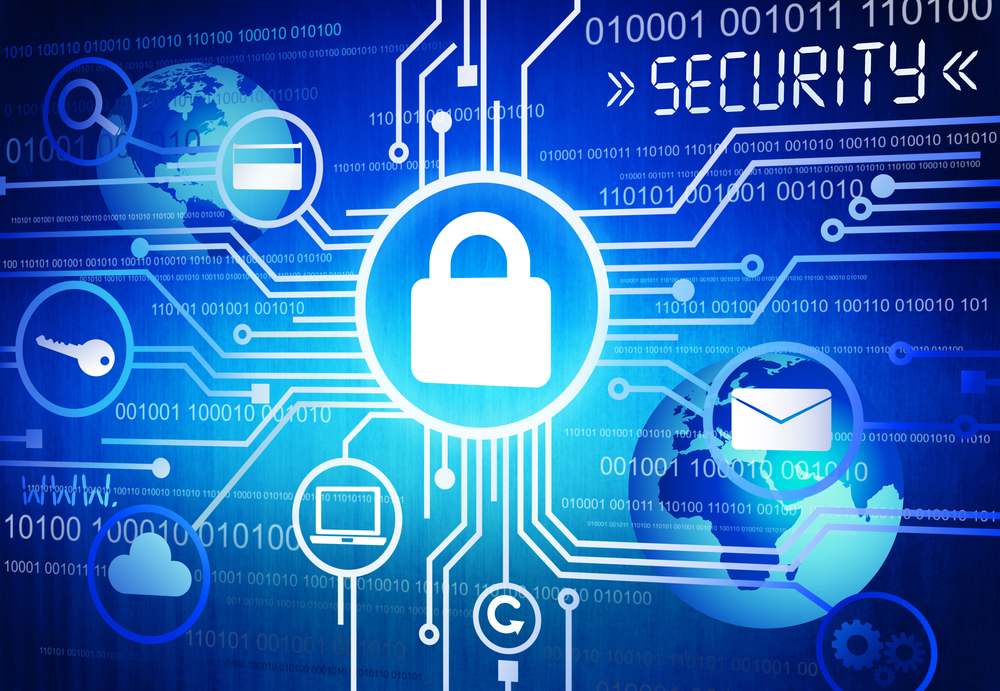National Cybersecurity Awareness Month 2022: Personal Awareness
Categories: Best Practices Cyber Security Awareness Month End Users Howtos Information Instruction Introductions Security
Cybersecurity Awareness Month is a great time to reflect on your habits and how you interact with technology over the past year. With this, answers to the following questions can help you focus on keeping your online identity and your data safe.
 Internet Security
Internet SecurityHave you connected to any public Wi-Fi networks over the last year?
While it is convenient to connect to public networks when at a conference, hotel, restaurant, or coffee shop, it can also be dangerous. If you must connect to the network, avoid doing any banking, online shopping or other online activity you would not like to keep private. Public networks could have users watching, tracking and collecting your activity such as login and banking information.
Have you used any public computers over the last year?
Similar to public Wi-Fi networks, there are risks using publicly-accessible computers. If you log into any secured sites from these computers, your login information could be at risk. For example any site you visit could be listed in the internet browser’s history. If you must use a publicly available computer, ensure that you log out of any sites you previously logged into and when asked, do not store information on the computer. Limit your use on these computers as much as possible.
Have you allowed anyone to use your computer without you being present?
One of the most important parts of security when it comes to technology is acting as a gatekeeper for your technology. People you do not know or do not trust should not have access to your computer or other personal computing devices. If someone is looking to do something nefarious to you, access to your computer will allow them to accomplish their goals. (This is also why it is very important to have a password on your computer.) Even allowing known guests to access your computer could put your system at risk since they could accidentally access sites that install malware on your computer or make online purchases from secure sites where you have stored credit card information.
When was the last time that you purposely updated your computer?
One of the easiest things you can do to help keep your computer, your online identity and your data secure is to simply keep your computer up to date. This doesn’t have to be a huge event where you spend hours a week to ensure that all updates are installed. You simply need to check your computer updates once or twice a month and make sure that they are being installed. Normally Microsoft Windows will install updates without your intervention. However, it will need to be rebooted occasionally and it is a very good idea to check to be sure your updates are being installed. Windows updates can be easily accessed through the setting menu.
Are you talking with your children and other loved ones about computer security?
One thing that can be easily overlooked is ensuring your family knows about computer security. Even when technology is taught in schools, there are some things overlooked or simply not taught. You don’t need to make this a huge deal with your family, but technology and online safety should be considered. If you want to make it a little more fun for younger family members, look online for resources like this video.
Cybersecurity doesn’t need to feel like a huge hassle. Taking a few small steps can make all the difference when it comes to keeping you, your online identity and your data safe.
For additional information on this topic please see the following sites.
1. https://consumer.ftc.gov/articles/how-safely-use-public-wi-fi-networks
2. https://www.nortonlifelockpartner.com/security-center/safety-tips-using-public-computer.html
3. https://privacy.thewaltdisneycompany.com/en/internet-safety/